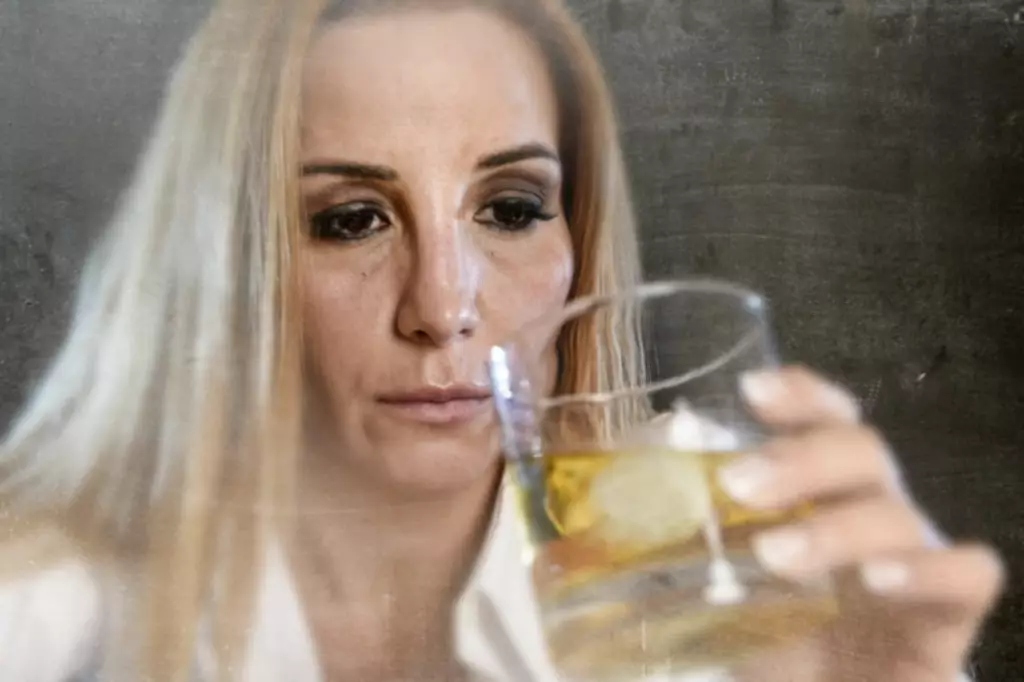Content
French writer Émile Zola’s novel The Drinking Den (L’Assommoir) includes a character – Coupeau, the main character Gervaise’s husband – who has delirium tremens by the end of the book. English author George Eliot provides a case involving delirium tremens in her novel Middlemarch (1871–72). Housekeeper Mrs. Abel provides Raffles’ final night of care per Bulstrode’s instruction whose directions given to Abel stand adverse to Dr. Tertius Lydgate’s orders. The combination can present drastic effects on the body, barraging the system with addictive substances. For informational purposes only, a link to the federal Centers for Medicare and Medicaid Services (CMS) Open Payments web page is provided here.
- As mentioned above, tremors, also known as “alcohol shakes”, are a common side effect of alcohol withdrawal.
- And a problem in the area of the brain that controls the body’s muscles is what causes these issues.
- The absence of alcohol can cause these neurotransmitters to become imbalanced.
- DTs often last three to four days, but they can last up to eight days in some individuals.
Many of those recovering from substance use feel alone in their struggle for sobriety. The more people in your personal network that you trust to support your journey, the more likely you are to be successful. Alcohol is commonly used as a stimulant and a sedative, depending upon the dose ingested and the previous habits of the individual. It acts by depressing the central nervous system (CNS) via facilitation of the neurotransmitter gamma-aminobutyric acid (GABA). This tilts the balance between the excitatory chemical glutamate and the inhibitory molecule GABA, resulting in reduced excitability of the brain and spinal cord.
What Are Alcohol Shakes? The Process of Alcohol Withdrawal
There are no specific tests that can be used to diagnose alcohol withdrawal. The severity of alcohol addiction can play a significant role in the next steps towards potential treatment. Those with severe alcohol addiction can manifest a buffet of health complications that might require medical supervision. According to the National Institute on Alcohol Abuse and Alcoholism, the World Health Organization reported that alcohol contributed to 200 diseases and injury-related health conditions. If the shakes are due to alcohol withdrawal, seek out professional help. You may need medication to help you navigate the withdrawal process and keep you safe.
Even when the intake of alcohol ceases, the brain stays in this state of high alert. Withdrawal symptoms occur as the brain struggles to adapt to the absence of alcohol and return to a state of equilibrium. Executive Home Detox provides private In Home Alcohol Detox to clients who cannot or will not access conventional services. The EHD nurse is adept at managing symptoms of withdrawal and can usually assist the client is having a relatively comfortable medical detox. Benzodiazepines are the treatment of choice in addressing symptoms due to alcohol withdrawal.
Top Health Categories
Our experts continually monitor the health and wellness space, and we update our articles when new information becomes available. The clinical services offered through this website are provided by Bicycle Health Medical Group, PA and Bicycle Health Provider Group Inc., that are independent, physician-owned medical groups. For more information about the relationship between Bicycle Health, Inc. and the Bicycle Health Medical Group, PA and/or Bicycle Health Inc. and the Bicycle Health Provider Group Inc., click here. If you or someone you know is struggling with their alcohol use, seeking professional help can make a difference. Deep breathing is an essential component to many of these practices and works to trigger the body’s natural relaxation response. Slow, deep breathing improves cardiovascular and respiratory health and lifts the mood.
- Ask your doctor if either benzodiazepines or baclofen may be appropriate to help manage withdrawal symptoms.
- You should combat alcohol withdrawal in a professional rehab center, as quitting alcohol completely on your own can result in dangerous withdrawal symptoms.
- Frequent and excessive alcohol use can also cause damage to the cerebellum, an area located near the top of the brain stem that controls balance, coordination and fine motor movement.
- The National Academies of Sciences, Engineering, and Medicine recommend a lifetime daily practice of consuming about 15 cups of fluids for men and about 11 cups of fluids for women.
Occasionally, alcohol withdrawal can even develop into delirium tremens (DT), an extremely severe form of withdrawal, which can lead to seizures and hallucinations. It is usually caused by suddenly stopping alcohol intake after a long period of heavy drinking, and can occasionally be fatal. If you’re concerned that your tremors might be the result of withdrawal, it’s best to reach out to a healthcare professional. While you can usually manage alcohol withdrawal syndrome on your own, it can be quite uncomfortable. Plus, in some cases, it can involve more severe symptoms, like mental confusion, hallucinations, or seizures.
Addiction Treatment
They are a clear indication that you are going through alcohol withdrawal. As a result, you want to make sure that you are in a safe place where you can get help if you need it to overcome the way you feel. In a treatment center, including an alcohol detox location, you can be sure that you are getting ample care to meet your needs.

That’s why before you cut back on consuming alcohol, it’s crucial that you connect with a health care provider to discuss your safest course of action. Regardless of your drinking habits, whether you classify them as long-term daily use, binge drinking, or otherwise, it’s always recommended to check in with a professional. Some people develop a very severe form of alcohol withdrawal called delirium tremens (DTs) that can induce severe shaking, shivering and tremors. Other symptoms of DTs include hallucinations, agitation, hypertension, fever, and seizures. Because delirium tremens symptoms can be lethal, it’s recommended that chronic drinkers who are detoxing from alcohol undergo a clinical detox supervised by medical professionals.
What causes alcohol shakes?
The duration of withdrawal shakes differs from person to person based on the degree of alcohol dependency. Withdrawal shakes can start between six and 10 hours after the last drink and subside after 72 hours. But over time, excessive alcohol use leads to a decrease in natural GABA activity. So, when you stop drinking alcohol, the GABA receptors can’t do their job, and the central nervous system can become overactive.3 That’s when the shaking begins. The wobbly, quivering sensation that sometimes comes after a day or night of heavy drinking is known as https://ecosoberhouse.com/article/alcohol-and-aging-does-alcohol-make-you-look-older/.

To determine if tremors experienced during alcohol detox are caused by DTs or a typical AWS, it’s necessary to understand the alcohol withdrawal timeline. Elevate’s holistic drug rehab center in California can be your first step toward recovery and a tremor-free life. If how to stop alcohol shakes have become a regular occurrence, you may find that your work, family time, and social life are affected—especially if other symptoms are involved. Alcohol dependence can be a serious problem, and tremors are often just the tip of the iceberg. When researching alcohol shakes, you may have also seen that a potential cause is the severe, sometimes deadly complication known as delirium tremens (DTs). It’s true that DTs can cause tremors, as well as confusion, hallucinations, and seizures.



